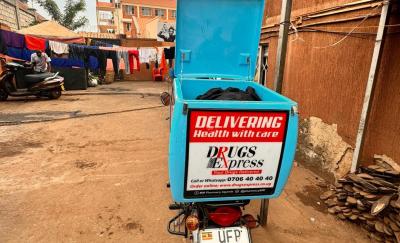
Authors
Tess Shiras and Heather Cogswell, Abt Global; Sarah E. K. Bradley and Benjamin Johns, formerly of Abt Global
Almost half of under-five deaths occur during the neonatal period. Compliance with essential newborn care (ENC) and postnatal care (PNC) standards as well as immediate treatment of infection are key to improving neonatal survival. Both the public and private sectors are important for neonatal care, but little is known about the quality of care across sources. Understanding how well ENC, PNC, and sick neonatal care are provided is essential to reducing preventable neonatal morbidity and mortality.
This article relies on Demographic and Health Survey data from 45 low- and middle-income countries to assess levels of ENC and PNC that mothers and newborns receive, how they vary depending on where newborns are delivered, and how mothers seek treatment for neonates with a fever. The study found that:
- For five of the 10 ENC and PNC indicators reviewed, fewer than two-thirds of mothers and newborns received care that met global standards
- Compliance with global ENC and PNC standards is higher in private facilities than in public facilities for all indicators other than immediate breastfeeding and skin-to-skin contact
- Except for immediate breastfeeding, adherence to ENC and PNC standards is lowest for newborns born at home with a skilled birth attendant (SBA)
Higher socioeconomic status is correlated with improved access to skilled delivery and adherence to ENC and PNC. Well-off families using private providers for their newborns experienced relatively high levels of adherence to ENC and PNC standards, suggesting that compliance with global standards is possible in some settings.
On average, half of caregivers sought care outside the home for fever and 45 percent of them sought private-sector care. The study found significant socioeconomic disparities in care-seeking for fever. But illness prevalence and sources of care seeking were consistent across wealth quintiles. Addressing inequities in neonatal care and care seeking and ensuring access for all families to quality maternal and newborn care can reduce neonatal and child mortality.


